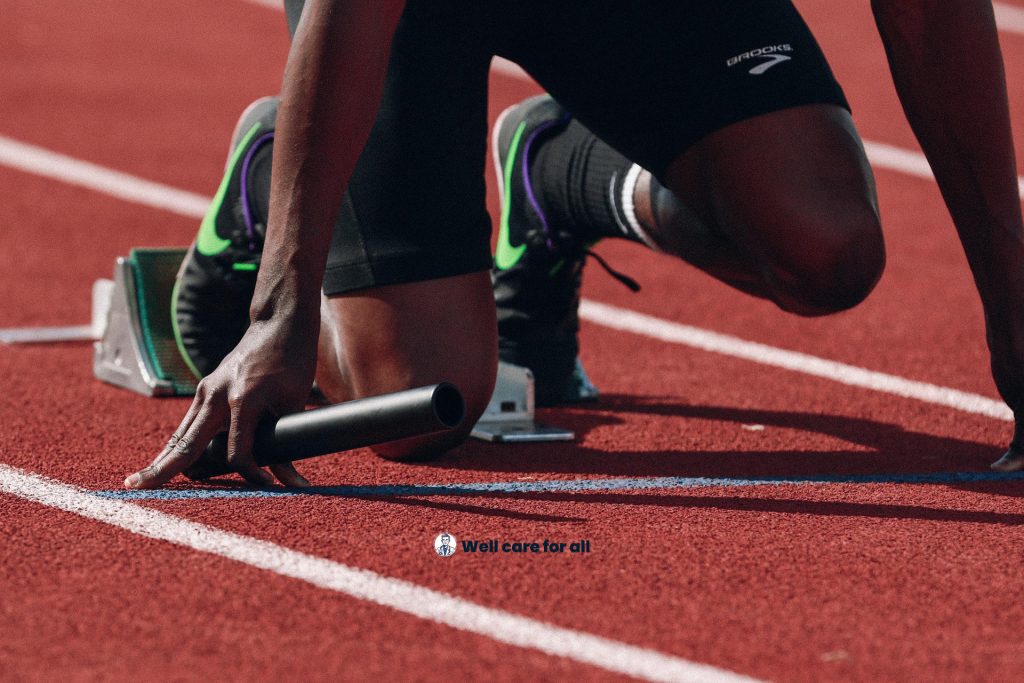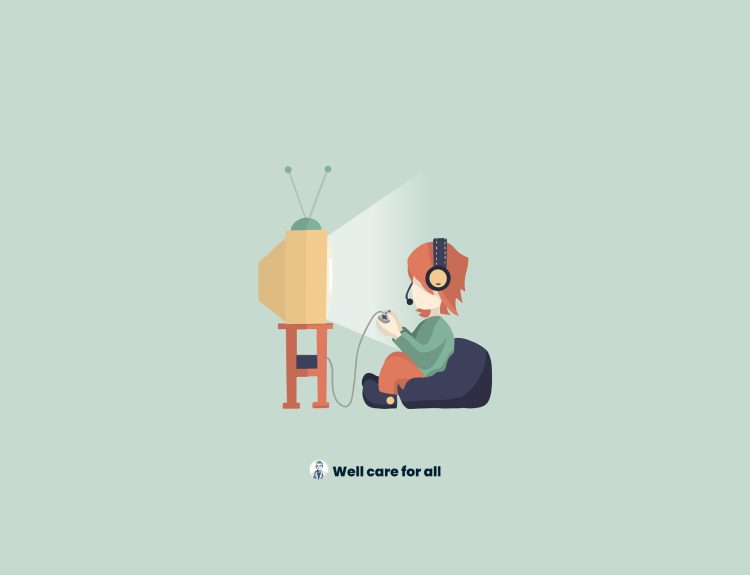
Whether you’re training for your first 5K, hitting the gym a few times a week, or joining local sports leagues, taking care of your body is essential. Amateur athletes often juggle fitness with work, family, and social life—making recovery and proper body care even more critical. Without the luxury of personal trainers or medical teams like the pros, you need innovative, practical strategies to stay on top of your game.
This guide will explore practical, science-backed body care tips specifically designed for amateur athletes.
Why Body Care Matters for Amateur Athletes
When you push your body without proper care, you’re inviting fatigue, soreness, and potential injuries. Amateur athletes are especially vulnerable because they often:
- Lack of professional training or guidance
- Underestimate recovery time
- Ignore early signs of overuse injuries
- Mix intense workouts with sedentary work environments
Body care for athletes isn’t just about massages and foam rollers. It’s about building consistent habits that support your body before, during, and after workouts.
Prioritize Recovery as Much as Training
Recovery is when your body becomes stronger and more adaptable. Skipping it can stall progress or lead to injury.
Best Recovery Practices for Amateur Athletes
- Sleep 7–9 hours per night: This is non-negotiable. Growth hormone production and muscle repair peak during deep sleep.
- Active recovery days: Include low-impact activities like walking, yoga, or swimming.
- Post-workout cooldowns: Stretching and light movement after training reduce soreness and promote circulation.
Fuel Your Body with Smart Nutrition
Your performance and recovery depend heavily on what you eat. Whether training for strength, endurance, or general fitness, proper nutrition gives you the energy and nutrients to perform.
Body Care Through Nutrition for Amateur Athletes
- Eat enough protein: Aim for a daily protein intake appropriate to your body weight (1.2 to 2 grams per kilogram) for muscle repair.
- Don’t fear carbs: Whole grains, fruits, and vegetables provide essential energy.
- Hydration is key: Consume an amount of water equivalent to half your body weight daily, increasing the intake if you are perspiring heavily.
Warm Up and Cool Down—Every Time
Skipping warm-ups and cooldowns is one of the top causes of injuries in amateur athletes.
Dynamic Warm-Up Routines to Try
- Arm swings, hip circles, bodyweight squats, or light jogging
- Focus on mobility, not intensity
Cooling Down for Better Muscle Recovery
- Gentle stretches for the primary muscle groups used
- Include deep breathing to calm your nervous system
Listen to Your Body (and Respect Its Limits)
One of the biggest mistakes that amateur athletes make is ignoring pain and pushing through it.
How to Differentiate Between Pain and Discomfort
- Muscle fatigue is okay. Sharp or lingering pain is not.
- Use the R.I.C.E. method (Rest, Ice, Compression, Elevation) for minor injuries.
- When in doubt, see a physical therapist or sports medicine doctor.
Cross-Train to Avoid Overuse Injuries
Doing the same activity repeatedly stresses the same muscle groups and joints.
Cross-Training Ideas for Amateur Athletes
- Runners can add cycling or strength training
- Lifters can benefit from yoga or swimming
- Mix in mobility work and core stability exercises
Invest in the Right Gear
Using the right equipment can make a difference in injury prevention and performance improvement.
Gear That Supports Body Care
- Footwear: Replace athletic shoes every 300–500 miles or 6–12 months.
- Supportive gear: Knee sleeves, compression garments, or ankle supports may be helpful.
- Foam rollers and massage tools: Use them for self-myofascial release and tension relief.
Mental Wellness Is Part of Physical Wellness
Mental stress impacts your physical performance. Burnout, anxiety, and lack of motivation can sabotage even the most committed athlete.
Mental Health Tips for Active Adults
- Mindfulness or meditation: Even 5 minutes daily can improve focus and recovery.
- Keep your workouts fun: Try new activities to stay motivated.
- Rest when needed: Guilt-free rest days are a sign of discipline, not weakness.
FAQs About Body Care for Amateur Athletes
Q: How often should amateur athletes take rest days?
A: Most adults should take 1–2 full rest days per week, depending on the intensity of their training. Active recovery days can help in between.
Q: Can body care prevent injuries?
A: Absolutely. Proper body care reduces inflammation, improves mobility, and addresses muscle imbalances, which are key to injury prevention.
Q: Is stretching more critical before or after a workout?
A: It’s best to use dynamic stretching to warm up your muscles before your workout. Static stretching is more beneficial after workouts, as it lengthens muscles and promotes relaxation.
Q: How do I know if I’m overtraining?
A: Warning signs include chronic fatigue, sleep issues, irritability, persistent soreness, and declining performance. If you notice these, take a break and adjust your routine.
Q: Do I need supplements as an amateur athlete?
A: Supplements are not necessary for everyone. Focus on whole foods first. Some may benefit from protein powders, omega-3s, or vitamin D, but consult a healthcare professional before adding them.
Conclusion
Being an amateur athlete doesn’t mean settling for second-rate results—or injuries. It means training smart, recovering well, and respecting your body as your most important tool. With the right body care strategies, you’ll boost your performance, avoid unnecessary downtime, and stay active for the long haul. Remember: progress isn’t just about pushing harder—it’s about training wiser.
Start today by picking just one of the tips above and making it part of your routine. Your future, injury-free self will thank you.



